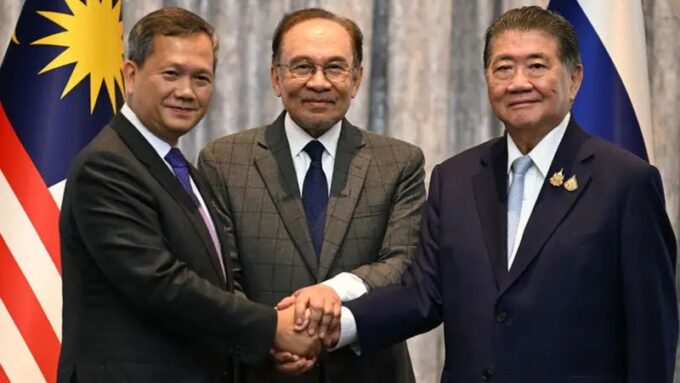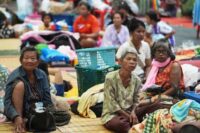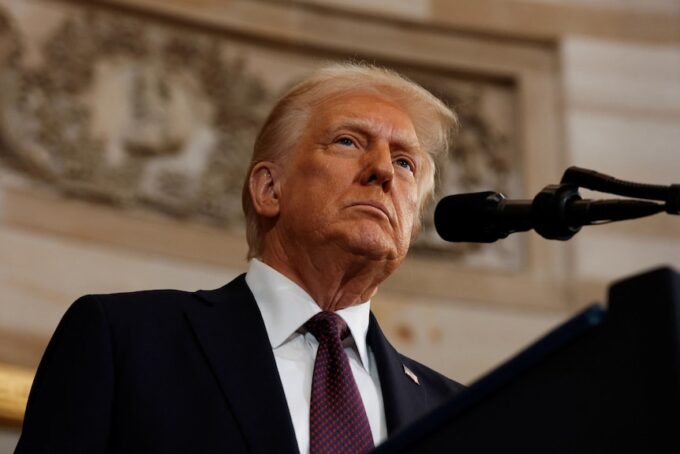News | Events | Digital PR | Advertising
The Federal Government is poised to receive fresh loan funding from the World Bank, with approval expected for loans totalling $2.25bn on June 13, 2024.
The funding will be received via two major development projects. The first project is the Nigeria Reforms for Economic Stabilisation to Enable Transformation Development Policy Financing, which is set to receive $1.5bn.
The second project, NG Accelerating Resource Mobilisation Reforms Programme-for-Results, has proposed funding of $750million.
There were reports that the government might reintroduce previously suspended telecom tax and other fiscal measures in pursuit of securing the $750million loan.
A copy of the plan’s document posted on the World Bank website indicated that the government might reintroduce the excises on telecom services, and EMT levy on electronic money transfers through the Nigerian Banking System among other taxes.
However, the latest information suggests that the administration may have nearly guaranteed the loan.
The Minister of Finance, Wale Edun, at the spring meetings of the International Monetary Fund and the World Bank last month, had announced that the nation had qualified for processing a loan, described as ‘virtually a grant’ of $2.25bn from the World Bank at one per cent interest rate.
The package, approved by the Board of Directors of the World Bank, offers a 40-year term with a 10-year moratorium and a nominal one per cent interest rate.
He stated, “We have qualified for the processing just this week to the Board of Directors of the World Bank of a total package of $2.25bn of what you can call ‘the closest you can get to a free lunch’- virtually a grant. It’s for about 10-20 years moratorium and about one per cent interest.”
According to programme information documents posted on the international lender website, the two projects aim to enhance Nigeria’s economic stability and resource mobilisation capabilities.
It is expected that the funds will bolster Nigeria’s efforts in reforming economic policies and enhancing government resource mobilisation, essential for the country’s long-term financial sustainability.
Explore more
Scientists Research Nigeria’s Okra, Maize, Four Other Crops During NASA’s Space Mission
International astronauts will research six indigenous Nigerian crops and seeds during the...
President Trump Orders Pharmaceutical Companies To Cut Drug Prices Within 60 Days
President Donald Trump on Thursday said he asked major pharmaceutical companies to...
Microsoft To Become The Next $4 Trillion Company
Microsoft (MSFT.O), opens new tab soared past $4 trillion in market valuation...
Importers Slash Petrol Prices Below Dangote Rates Amid Rising Market Competition
Competition has hit Nigeria’s petroleum sector as fuel importers slash petrol prices...













Leave a comment